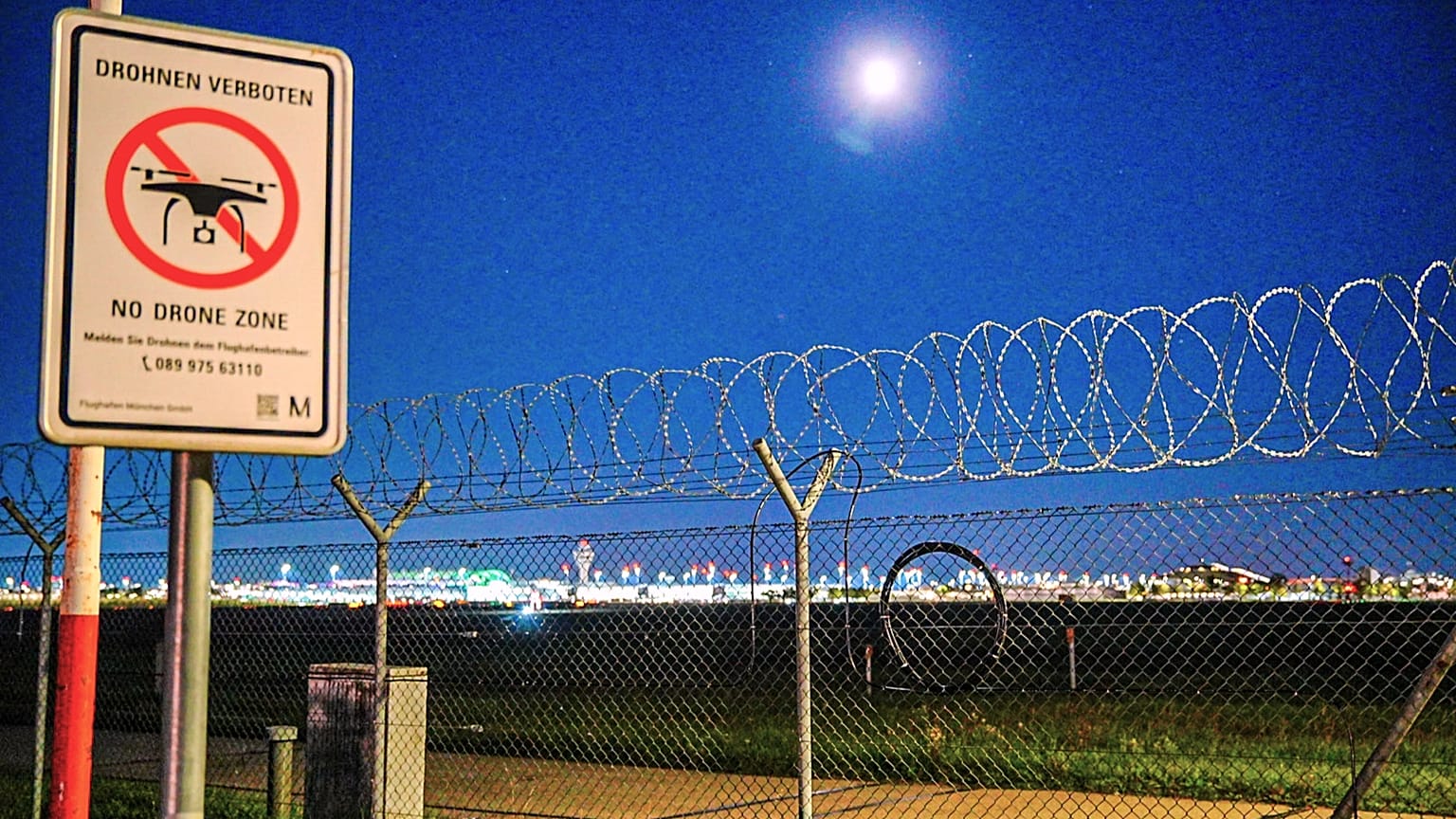One of the main suspects in the 2007 vanishing of British child Madeleine McCann has been freed from a German jail after completing a sentence for a crime not connected to the prominent case. This situation brings up inquiries about the active investigations and the legal intricacies involving one of the most extensively covered missing persons cases in recent times.
Madeleine McCann went missing during a trip with her family in Portugal, initiating an international hunt and attracting media scrutiny that has persisted for more than 16 years. This situation has engaged various nations and police forces, along with a broad spectrum of suggestions and possibilities. Despite many inquiries and requests for information from the public, her vanishing case is still unsolved, with both the international community and her relatives continuing to look for explanations.
The launch and its consequences
The individual, who was incarcerated in Germany for offenses not connected to Madeleine McCann’s disappearance, was recently released upon fulfilling the legal term. Officials have explained that the release was a procedural matter and not linked to any development in the investigation of the missing child. Despite this, the timing of the individual’s release has led to significant media attention and renewed public curiosity about the case.
Legal specialists emphasize the importance of distinguishing cases to comprehend the circumstances. The suspect’s earlier conviction was managed separately from the McCann inquiry, and the German court system follows rigorous rules related to sentence fulfillment and releasing inmates. Although this might be standard procedure legally, the prominent nature of the Madeleine McCann case heightens public reaction and triggers renewed speculation about possible future decisions by officials.
Authorities in Portugal and the United Kingdom are still following up on leads, reviewing evidence collected throughout the years and working with German authorities when necessary. Interpol and additional global law enforcement bodies stay involved, aiding cross-national investigative initiatives. The challenge of navigating several legal systems, along with the time that has passed, makes the situation both complex and delicate, especially with the worldwide focus on this case.
Current research and community attention
The case of Madeleine McCann’s disappearance continues to be one of the most well-known missing persons incidents in recent history. Public attention and media coverage have lingered due to the enigmatic factors of her vanishing, the participation of her family in advocacy efforts and public pleas, and the hurdles encountered by law enforcement in following international leads. Every update, such as the release of a suspect from a separate case, is scrutinized for its possible impact, even if it is not legally linked.
Researchers have stressed that the investigation is still ongoing and dynamic. Progress in forensic techniques, such as DNA examination, retrieval of digital information, and international cooperation in intelligence, offer optimism that new evidence might surface. Units dedicated to unresolved cases frequently examine clues years after the original inquiries, utilizing recent strategies to discover links that were not visible before. The investigators’ commitment is mirrored by the unwavering resolve of Madeleine’s family, who persistently seek answers and resolution.
The worldwide press has a twofold function, maintaining the case’s visibility in the public eye while carefully handling the legal intricacies of ongoing probes. Ethical journalism makes sure that conjecture does not undermine evidence or judicial processes, despite the fact that public interest and online discourse often push these limits. When a suspect is freed, even if it is for an unrelated issue, it invariably prompts fresh attention and conversation regarding the larger situation.
The broader context of high-profile missing persons cases
The McCann case highlights the challenges inherent in high-profile disappearances. International media attention, legal complexities across borders, and the involvement of multiple investigative bodies can both aid and complicate efforts to locate missing individuals. Cross-border coordination requires careful communication, adherence to differing legal frameworks, and sensitivity to the rights of suspects while pursuing leads.
Cases like this also underscore the psychological impact on families, law enforcement, and the public. Extended uncertainty, persistent media attention, and public speculation can affect mental health and the ability of families to grieve or seek closure. Support systems for families, including counseling, legal guidance, and advocacy organizations, play a critical role in navigating these prolonged and complex circumstances.
The continuous attention on Madeleine McCann’s disappearance has had an impact on investigative methods worldwide, underscoring the significance of technology, global collaboration, and community involvement in solving missing persons cases. Insights gained from notable investigations frequently guide policies, education, and response tactics in later cases, influencing the wider realm of law enforcement and victim assistance.
An uncertain future for McCann’s family
Though the suspect’s release appears noteworthy in news stories, officials insist it does not impact the current state of the ongoing inquiry. Researchers persist in examining evidence, tracking leads, and collaborating with global allies in the quest for clear conclusions. The intricate nature of this case, which crosses several nations and encompasses years of records, demands persistent endeavor, precise attention to details, and a prudent alignment of legal regulations with investigative goals.
For the public, the case serves as a reminder of the enduring mystery and the ongoing search for justice. Advocacy, awareness, and careful reporting continue to play crucial roles in maintaining focus on the unresolved disappearance. Meanwhile, legal systems must navigate procedural norms while responding to heightened scrutiny from a global audience, ensuring that justice and due process are upheld in parallel.
The freedom of the suspect emphasizes the difficulties of prominent investigations and the interaction between separate legal cases and current criminal probes. It underlines the necessity for effective dialogue among authorities, the media, and the community, ensuring that new information is comprehended within its context. While officials persist in their investigation, the promise to reveal the truth stays firm, showcasing the perseverance and resolve that have defined this case since Madeleine McCann’s disappearance.






